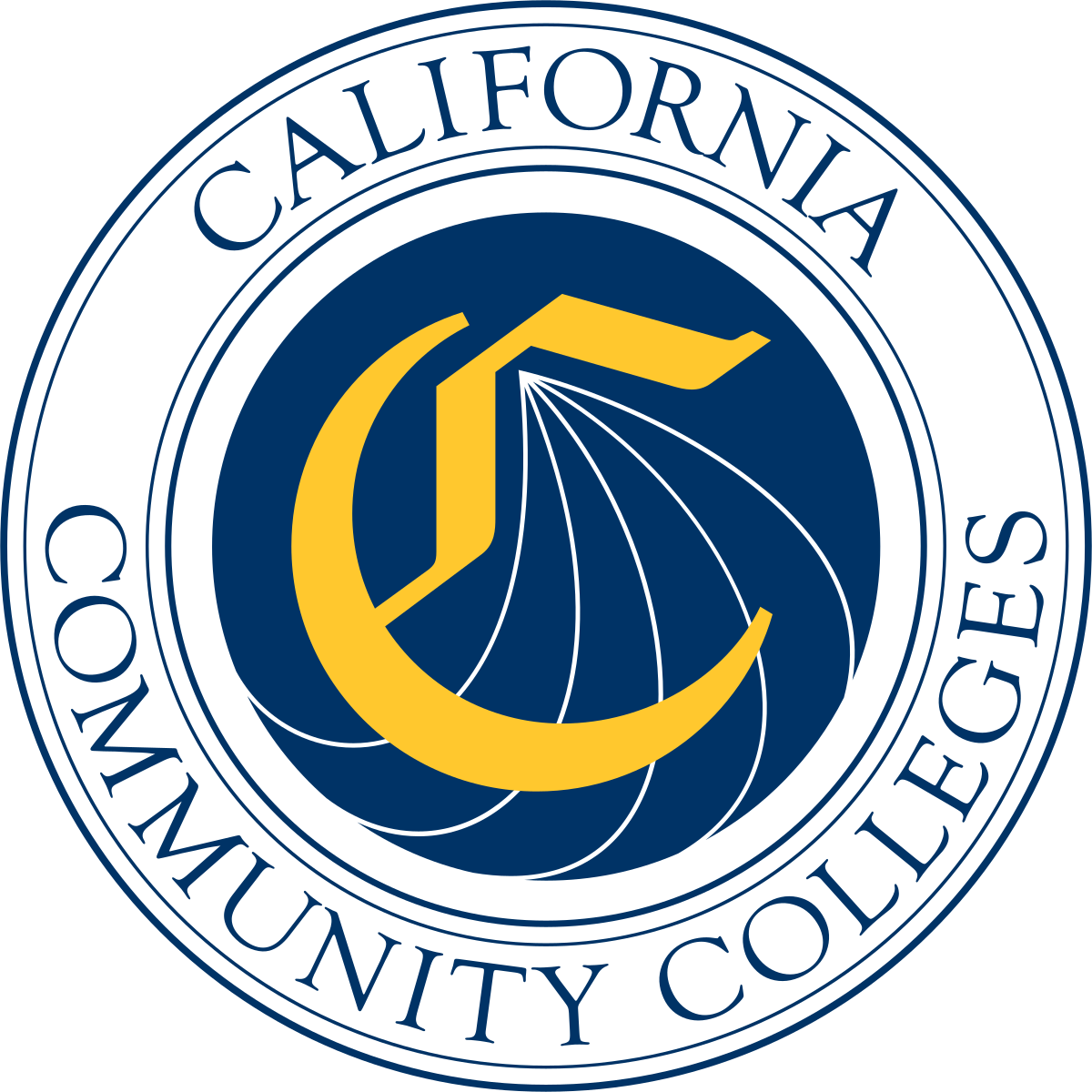College and Career
The State of California provides three separate and independent systems of higher education consisting of community colleges and the California State University (CSU) and University of California (UC) system.
 California Community Colleges
California Community Colleges
California is home to 116 community colleges. Local community colleges in the area include Skyline College, College of San Mateo, Cañada College, and City College of San Francisco.
To meet the entrance requirements at these schools, students must have either graduated from high school or reached the age of eighteen.
Community colleges offer general education courses at lower cost than public and private universities and a two-year transfer program to help students transfer to a CSU or UC school after completing the first two years of a four-year college program at the community college.
Additionally, community colleges one and two-year technical or vocational training programs in a large number of occupational areas such as cosmetology, nursing, business, computer sciences, welding technology, auto mechanics, radio, and television.
 California State University and University of California Systems
California State University and University of California Systems
Admission to the CSU and UC systems has generally been determined by a combination of grade point average (GPA) and scores on standardized entrance examinations such as the Scholastic Aptitude Test (SAT) or the American College Test (ACT).
 Applicants must also have completed algebra, geometry, and four years of college preparatory English with a grade of C or better.
Applicants must also have completed algebra, geometry, and four years of college preparatory English with a grade of C or better.The UC system may develop its own admissions test that meets specified criteria after that time.
Private Colleges and Universities
Admission requirements to private colleges and universities has generally mirrored those at CSU and UC schools. Conferring with a counselor early in a student's high school career is recommended to assure that entrance requirements are met.
